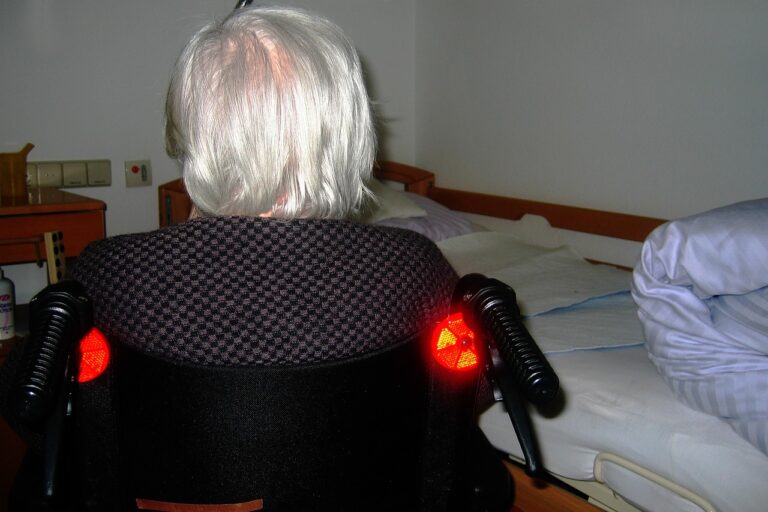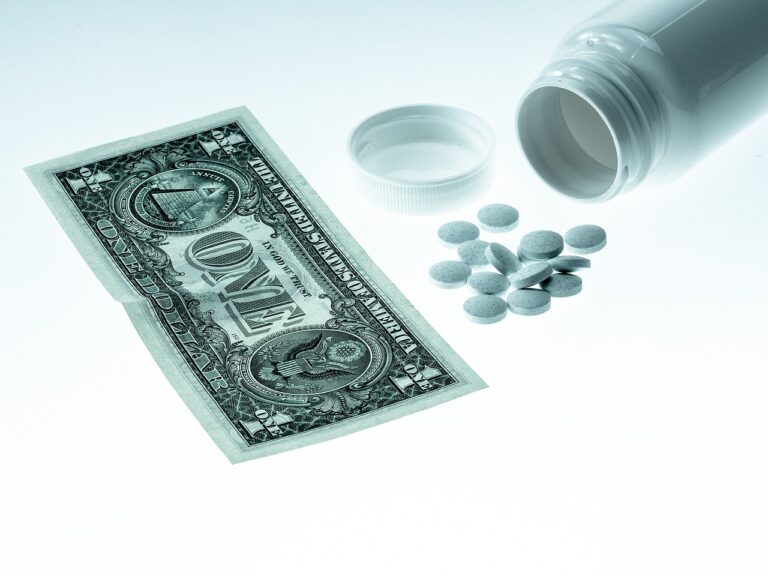The Impact of Social Media on Healthcare Marketing
Social media platforms have become essential tools in the realm of healthcare marketing. With the ever-growing presence of individuals on platforms like Facebook, Instagram, and Twitter, healthcare providers are leveraging these channels to communicate with current and potential patients. Through strategic use of social media, healthcare organizations can disseminate information about services, upcoming events, and health-related tips to engage their audience effectively.
Moreover, social media platforms enable healthcare marketers to target specific demographics based on interests, location, and online behavior. This level of customization allows for more personalized and targeted marketing efforts, leading to increased engagement and conversion rates. By creating compelling content that resonates with their target audience, healthcare providers can establish themselves as credible sources of information in an ever-evolving digital landscape.
Understanding the Reach of Social Media in Healthcare Marketing
Social media platforms have revolutionized the way healthcare organizations engage with their audiences. Through channels such as Facebook, Twitter, and Instagram, healthcare providers can reach a vast number of individuals and disseminate valuable health information to a wide audience. The interactive nature of social media allows for real-time communication and fosters a sense of community among healthcare professionals, patients, and other stakeholders.
In addition to providing educational content, social media serves as a powerful tool for promoting healthcare services and building brand awareness. By utilizing targeted advertisements and strategic campaigns, healthcare organizations can increase their visibility and attract new patients. Moreover, the virality of social media enables content to spread rapidly, amplifying the reach and impact of healthcare marketing efforts.
How can social media platforms contribute to healthcare marketing?
Social media platforms provide a cost-effective way to reach a large audience, engage with patients, and build brand awareness in the healthcare industry.
What are some examples of social media platforms commonly used in healthcare marketing?
Some common social media platforms used in healthcare marketing include Facebook, Twitter, Instagram, LinkedIn, and YouTube.
How can healthcare organizations measure the reach of their social media marketing efforts?
Healthcare organizations can track metrics such as follower growth, engagement rates, website traffic from social media, and conversions to assess the impact of their social media marketing efforts.
Are there any regulations or guidelines that healthcare organizations need to follow when using social media for marketing?
Yes, healthcare organizations need to comply with regulations such as HIPAA and FDA guidelines when using social media for marketing to protect patient privacy and ensure the accuracy of medical information.
How can healthcare organizations effectively engage with patients on social media?
Healthcare organizations can engage with patients on social media by sharing relevant and educational content, responding to comments and messages in a timely manner, and participating in conversations about healthcare topics.





